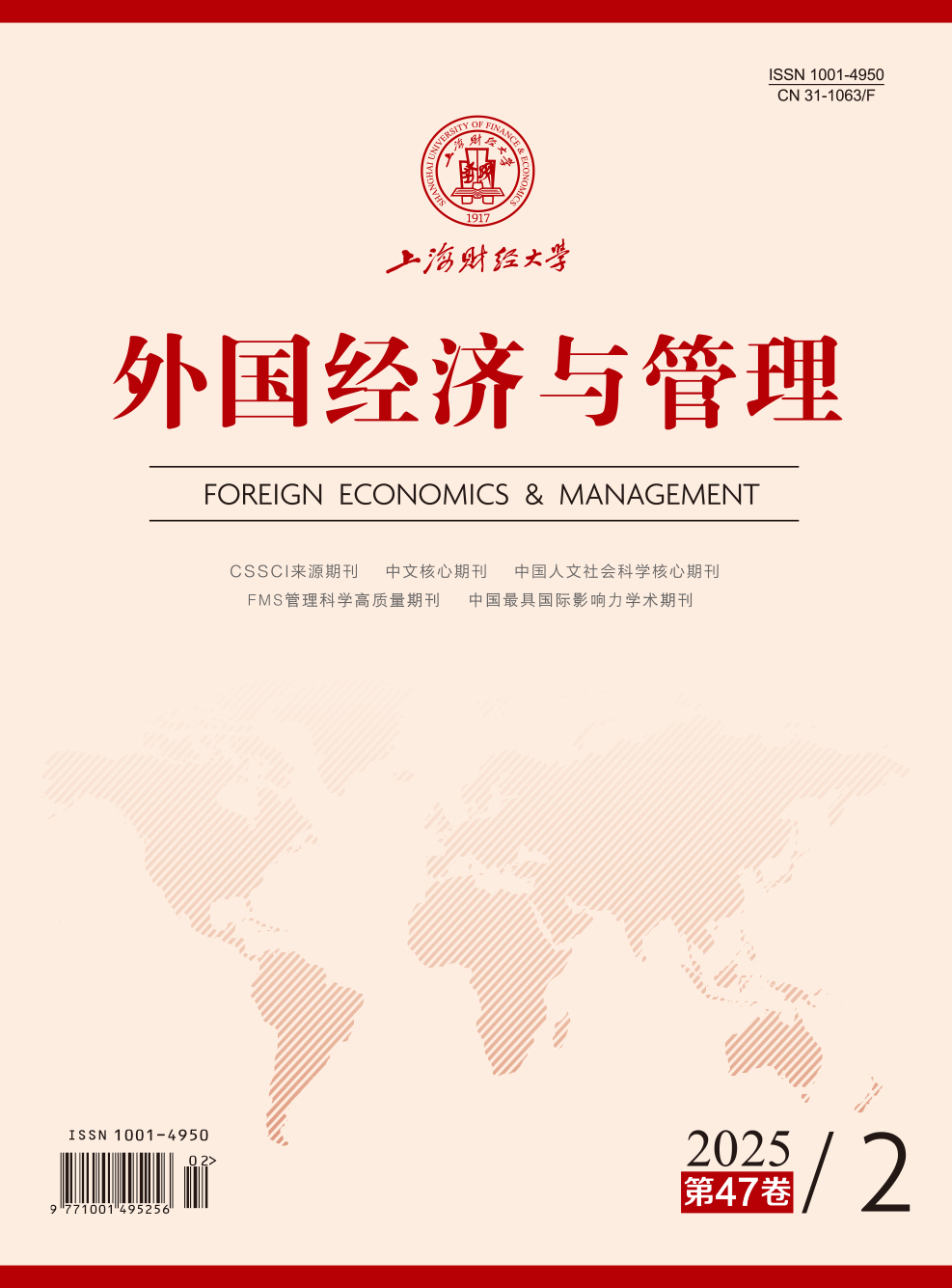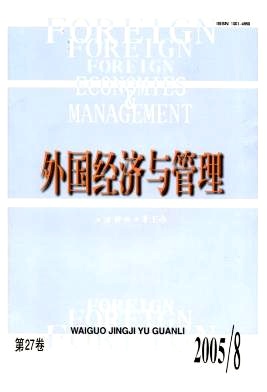企业经理报酬决定理论:争论与整合
外国经济与管理 2005 年 第 27 卷第 08 期, 页码:33 - 40
摘要
参考文献
[1]Finkelstein, Sydney and Boyd, Brian K. How much does the CEO matter? the role of managerial discretion in the settingof CEO compensation[J]. Academy of Management Journal,1998,41(2):179-199.
[2]Davis, James H, Sckoorman, F David and Donaldson, Lex. Toward a stewardship theory of management[J]. Academyof Management Review,1997,22(1):20-47.
[3]O’Reilly III, Main, Brain G and Crystal, Graef S. CEO compensation as tournament and social comparison: a tale of twotheories[J]. Administrative Science Quarterly,1988,33(2):257-274.
[4]Bebchuk Lucian Arye and Fried, Jesse M. Executive compensation as an agency problem[J]. Journal of Economic Per-spectives,2003,17(3):71-92.
[5]Zajac Edward and Westphal, James D. Accounting for the explanations of CEO compensation: substance and symbolism[J]. Administrative Science Quarterly,1995,40(2):283-308.
[6]Bertrand, Marianne and Mullainathan, Sendell. Agents with and without principals [ J]. American Economic Review(Papers and Proceedings),2000,90(2):203-214.
[7]Sanders, W M Gerard and Carpenter, Mason A. Internationalization and firm governance: the roles of CEO compensa-tion , top team composition and board structure[J]. Academy of Management Journal,1998,41(2):158-178.
[8]Rose, Nancy L and Shepard, Andrea. Firm diversification and CEO compensation: managerial ability or executive en-trenchment?[J]. Rand Journal of Economics,1997,28(3):489-514.
[9]Joskow, Paul L, Rose, Nancy L and Wolfram Catherine. Political constraints on executive compensation: evidence fromthe electric utility industry [J]. Rand Journal of Economics,1996,27(1):165-182.
[10]Shen, Wei. The Dynamics of the CEO-board relationship: an evolutionary perspective[J]. Academy of ManagementReview,2003,28(3):466-476.
[2]Davis, James H, Sckoorman, F David and Donaldson, Lex. Toward a stewardship theory of management[J]. Academyof Management Review,1997,22(1):20-47.
[3]O’Reilly III, Main, Brain G and Crystal, Graef S. CEO compensation as tournament and social comparison: a tale of twotheories[J]. Administrative Science Quarterly,1988,33(2):257-274.
[4]Bebchuk Lucian Arye and Fried, Jesse M. Executive compensation as an agency problem[J]. Journal of Economic Per-spectives,2003,17(3):71-92.
[5]Zajac Edward and Westphal, James D. Accounting for the explanations of CEO compensation: substance and symbolism[J]. Administrative Science Quarterly,1995,40(2):283-308.
[6]Bertrand, Marianne and Mullainathan, Sendell. Agents with and without principals [ J]. American Economic Review(Papers and Proceedings),2000,90(2):203-214.
[7]Sanders, W M Gerard and Carpenter, Mason A. Internationalization and firm governance: the roles of CEO compensa-tion , top team composition and board structure[J]. Academy of Management Journal,1998,41(2):158-178.
[8]Rose, Nancy L and Shepard, Andrea. Firm diversification and CEO compensation: managerial ability or executive en-trenchment?[J]. Rand Journal of Economics,1997,28(3):489-514.
[9]Joskow, Paul L, Rose, Nancy L and Wolfram Catherine. Political constraints on executive compensation: evidence fromthe electric utility industry [J]. Rand Journal of Economics,1996,27(1):165-182.
[10]Shen, Wei. The Dynamics of the CEO-board relationship: an evolutionary perspective[J]. Academy of ManagementReview,2003,28(3):466-476.
引用本文
黄再胜. 企业经理报酬决定理论:争论与整合[J]. 外国经济与管理, 2005, 27(8): 33–40.
导出参考文献,格式为:
上一篇:国外组织创新气氛研究概述





 5035
5035  0
0

